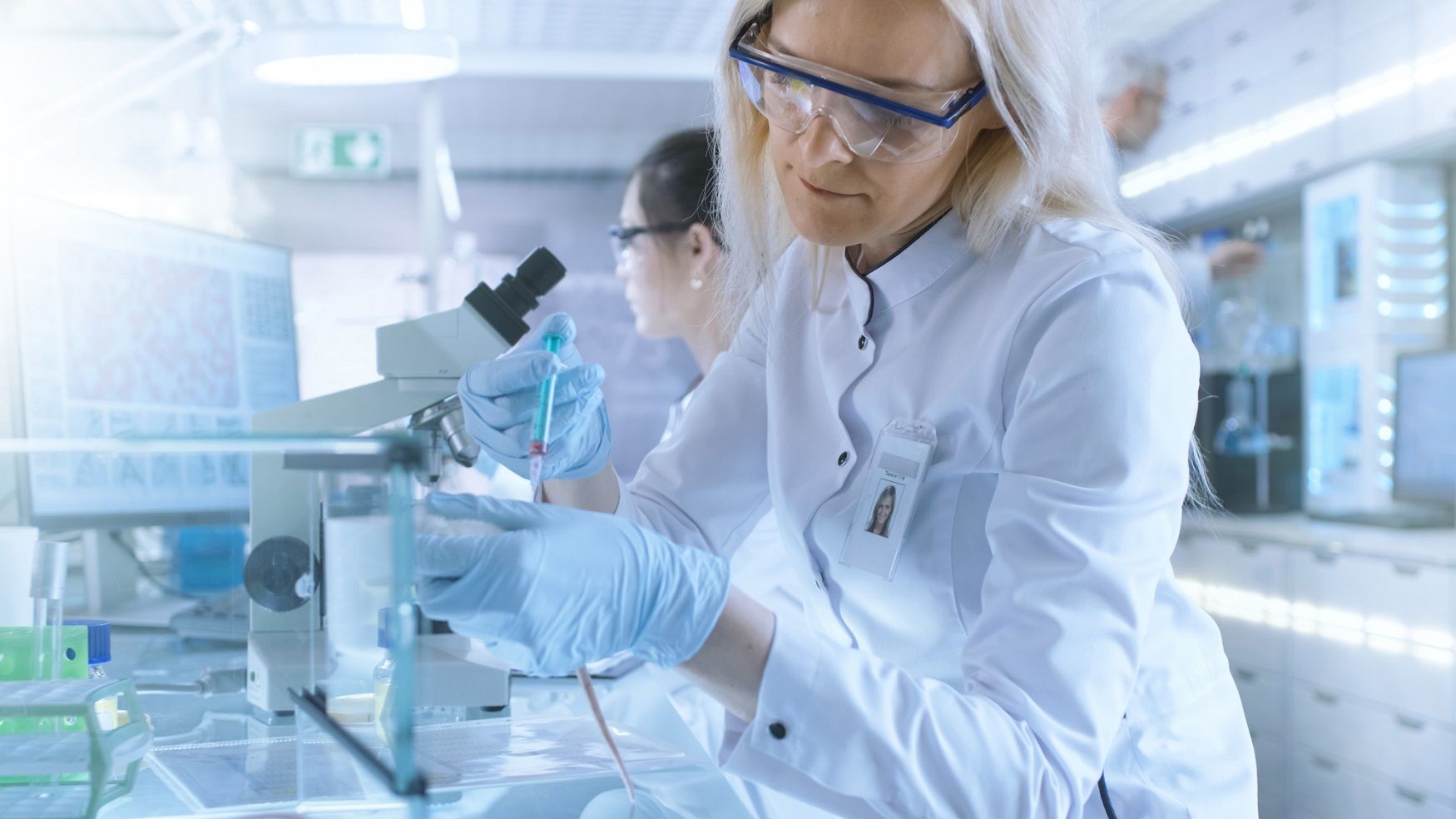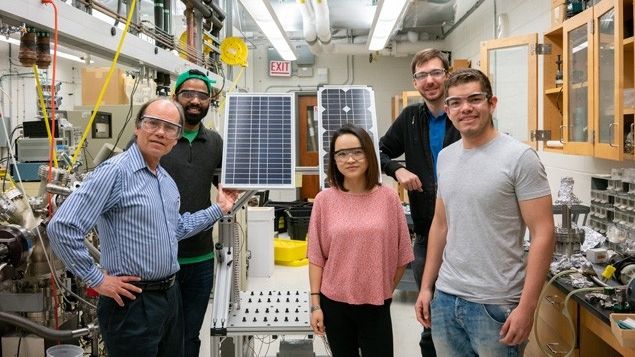Innovation and Growth Ahead in Delaware’s Chemical Industry
Option: 1
Innovation and Growth Ahead in Delaware’s Chemical Industry

24 January 2020 –
Delaware continues to provide a productive environment for major companies throughout the world in agriculture, financial services, manufacturing, healthcare, and the chemical industries. Known as the chemical capital of the world, Delaware has a commanding presence in the $4 trillion global chemical industry. It is the research and administrative center for some of the largest chemical companies in the world and provides one of the richest research environments for chemical innovation.
Through innovation, a very talented workforce, and sustainable chemistry practices, the future of the rapidly evolving chemical industry in the First State is bright.
Innovation
Delaware is home to some of the world’s most transformative innovations. A global leader in science, tech, manufacturing, and agriculture, the First State supports innovative enterprises with incentives, financing options, research and development (R&D), and business development support. Many companies today are embracing joint development programs, strategic partnerships, and even increasing merger and acquisition (M&A) activity to support a more innovative culture.
The chemical industry is no exception to this trend. The leaders and trailblazers in this industry are innovating through collaboration with customers, other companies, and academic institutions.
Talented Workforce
Delaware is known for its diverse, educated, and talented workforce. Delaware has seen an expansion in its workforce by 10% during the past decade, nearly twice the U.S. average and is within easy access to more than 100 research-based universities, colleges and medical schools.
Various programs are developed to ensure the talent that walks out of these educational institutions are appropriately employed. They train the workforce and match the right talent to the right company.
Sustainable Chemistry
Sustainable chemistry involves finding lasting solutions to various issues like environmental protection, global healthcare, and food and water safety. Uniquely positioned as a commercial center and hub for comprehensive chemistry research, Delaware has seen a steady increase in the focus on sustainable chemistry. The industry continues to grow and rely on innovations. Incredible talent comes out of the world-class research universities that have a particular focus on chemistry and chemical engineering. The University of Delaware has a top 10 ranked Chemical Engineering program and multiple research institutes directly related to sustainable chemistry, such as the Center for Composite Materials, the Energy Institute, the Catalysis Center for Energy Innovation, and the Delaware Environmental Institute. Sustainable chemistry companies find a concentration of talent in Delaware with the highest concentration of chemical engineers and chemists in the United States – more than three times the national average.
The innovation ecosystem in Delaware forms the basis of the continued growth of all the key industries in Delaware, including the chemical industry. The industry is shifting to high-tech innovation to commercialize higher-value products and services with shorter turnaround times and reduces risk. Delaware looks forward to a ‘ChemTech’ future that is driven by innovation, nurtured by sustainable chemistry, and strengthened by a diverse and talented resource pool.
Newsletter Sign Up
Stay Up To Date With Delaware





















